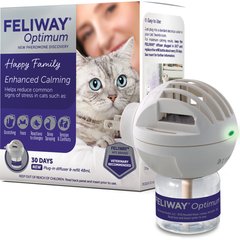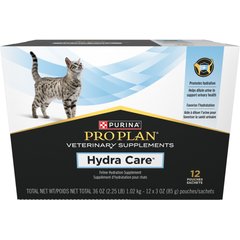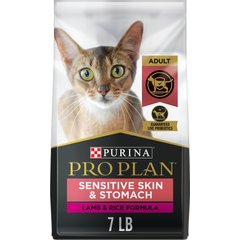How Much Does it Cost to Spay a Cat?
by Lynne Miller
As any veterinarian will tell you, spaying your cat should be a top priority for responsible pet owners (regardless of where you adopted or purchased your cat from), but this responsibility may come at a cost. Learn more about the average cost of spaying a cat, in addition to the options you have regarding where to spay your cat and why spaying or neutering is so important.
How Much Does it Cost to Spay a Cat?
While the cost to spay a cat varies, the operation typically runs from $300 to $500 for a female cat and around $200 for a male when it’s done at a private, full-service veterinary practice, said Cory Smith, spokeswoman for The Humane Society of the United States.
Fortunately, there are less expensive options. For a fraction of the cost, cat owners can have the surgery performed by a non-profit spay/neuter service. These services typically cost around $50, and can be higher or lower depending on where you live.
“There’s no reason to fear the quality of those services,” Smith said. “All the surgeries are done by licensed veterinarians.”
Additionally, some pet insurance plans provide coverage for spay and neuter surgery, making the cost even more manageable for pet owners.
You can find a low-cost spay/neuter provider in your area by visiting the Humane Society and the ASPCA websites.
Vet Recommended Health Support
- Feliway Optimum Enhanced Calming 30 Day Diffuser for Cats$29.99Chewy Price
- Purina Pro Plan Veterinary Diets FortiFlora Powder Probiotic Digestive Supplement for Cats, 30 count$30.99Chewy Price
- Purina Pro Plan Veterinary Diets Hydra Care Liver Flavored Liquid Supplement for Cats, 3-oz pouch, case of 12$14.99Chewy Price
- Purina Pro Plan Adult Sensitive Skin & Stomach Lamb & Rice Formula Dry Cat Food, 7-lb bag$28.08Chewy Price
Benefits of Spaying or Neutering Your Cat
Having your cat neutered will fix many undesirable behaviors, including territorial urine spraying, roaming, and being aggressive toward other cats—behaviors often seen in intact male cats. Spaying eliminates the unpleasant behaviors associated with females in heat, making your feline friend easier to live with after surgery.
Neutering a cat at an early age may also protect the animal from a number of serious, even fatal, health problems later in life. Neutering a male cat can prevent testicular cancer and certain prostate problems, while spaying a female between three and six months of age will essentially eliminate her risk of developing mammary cancer and eliminate the risk of pyometra, a potentially fatal infection of the uterus that strikes older, intact female cats.
“Statistically, animals will live longer if they are spayed or neutered,” says Dr. Robin Sturtz, a veterinarian at The Cat Hospital in Williston Park, New York. “They are much less prone to certain endocrinal or hormonal diseases.”
The best time to have your cat spayed is before she has her first heat. While this varies according to your cat’s breed and whether they live indoors or in the wild, most cats reach puberty by five to six months of age. Since each cat’s medical history is unique, it’s best to consult your veterinarian on the ideal time to spay your cat.
During a spay surgery, a cat is completely anesthetized and a surgeon uses a scalpel to make an incision in the abdomen, revealing the reproductive tract. The ovaries and the uterus are removed and the incision is closed with sutures. Usually, the operation is completed in less than 60 minutes, Dr. Sturtz said. Neutering is less complicated. The surgeon makes a single incision over each testicle, removes the testicles, and ties off the spermatic cord to prevent bleeding, typically in 30 minutes or less.
At The Cat Hospital, male cats generally go home the same day, while females are kept overnight. How the animal responds to anesthesia will determine how quickly he or she recovers, with most kitties bouncing back 24 hours after surgery, Dr. Sturtz said. After surgery, your veterinarian should reexamine your cat and he or she should be kept quiet and inside for a few days to ensure a full recovery.
According to Dr. Sturtz, spay and neuter operations are “the least complicated surgery that we do and, for a short procedure, it provides the most benefit for the animal’s quality of life.”
Having your pet spayed will help you and your furry friend enjoy a high quality of life together, and prevent unwanted pregnancies.
Image: Ilike / Shutterstock




